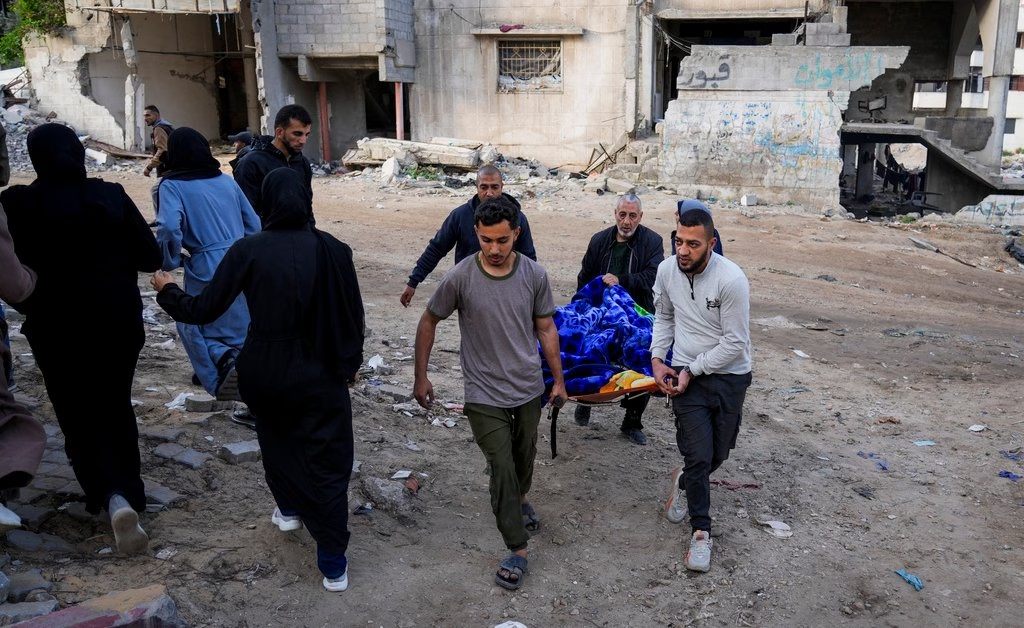In Tel Aviv, Israel, the ceasefire between Israel and Hamas, which had been holding since mid-January, abruptly ended on Tuesday. Israel executed multiple attacks across the Gaza Strip, resulting in over 400 deaths, including women and children, as reported by Palestinian hospital officials. Israel has declared that the operation will continue indefinitely, reigniting fears of the 17-month-old war escalating.
The initial three-phase ceasefire plan included the return of hostages taken by Hamas and the release of Palestinian prisoners. However, Israel refused to enter substantive negotiations for the second phase, leading to the cessation of the truce. Israel had also cut off supplies to Gaza, including food, medicine, and fuel, in order to pressure Hamas into accepting a new proposal.
Hamas rejected the proposal, claiming that it was an attempt by Israel to undermine the existing agreement. Unless mediators step in, Israeli forces may fully resume combat in the ongoing war. Prime Minister Benjamin Netanyahu denied responsibility for revoking the ceasefire and stated that Hamas’s rejections of the proposal prompted the attacks. Netanyahu also said that Israel will increase its military efforts against Hamas.
The White House voiced support for Israel’s actions, while Hamas accused Netanyahu of violating the ceasefire agreement and putting the remaining hostages at risk. The attacks also occurred during the Muslim holy month of Ramadan, with no major fighting taking place in Gaza since the ceasefire took effect on January 19. Israeli strikes have, however, killed dozens of Palestinians who violated the truce or engaged in militant activities.
Netanyahu faces pressure from both domestic and international parties, including demands from his hard-line allies to avoid any compromises with Hamas. Proposed negotiations with Hamas regarding the second phase of the ceasefire could have introduced pressure for compromises on how Gaza will be governed in the future. Netanyahu needs to meet an end-of-the-month deadline to pass a budget or face the collapse of his government. Resuming the war could boost his popularity and support.
Eruptions of violence in Gaza could also have consequences throughout the region. Yemen’s Iran-backed Houthi rebels condemned the Israeli strikes and stated their willingness to support the Palestinian people. The United States has launched new airstrikes against the Houthis in Yemen in retaliation for their attacks on shipping in the Red Sea and Gulf of Aden. U.S. President Donald Trump warned Iran of consequences for any further Houthi strikes, potentially expanding the conflict. Additionally, renewed violence in Gaza could strain the existing ceasefire agreement between Israel and Hezbollah, which ended months of deadly exchanges of fire along the Israeli-Lebanon border.
Associated Press writers Lee Keath in Cairo, Josef Federman in Jerusalem, and Jon Gambrell in Dubai, United Arab Emirates, contributed to this report.
Source: https://time.com/7269061/israel-dozens-attacks-gaza/







